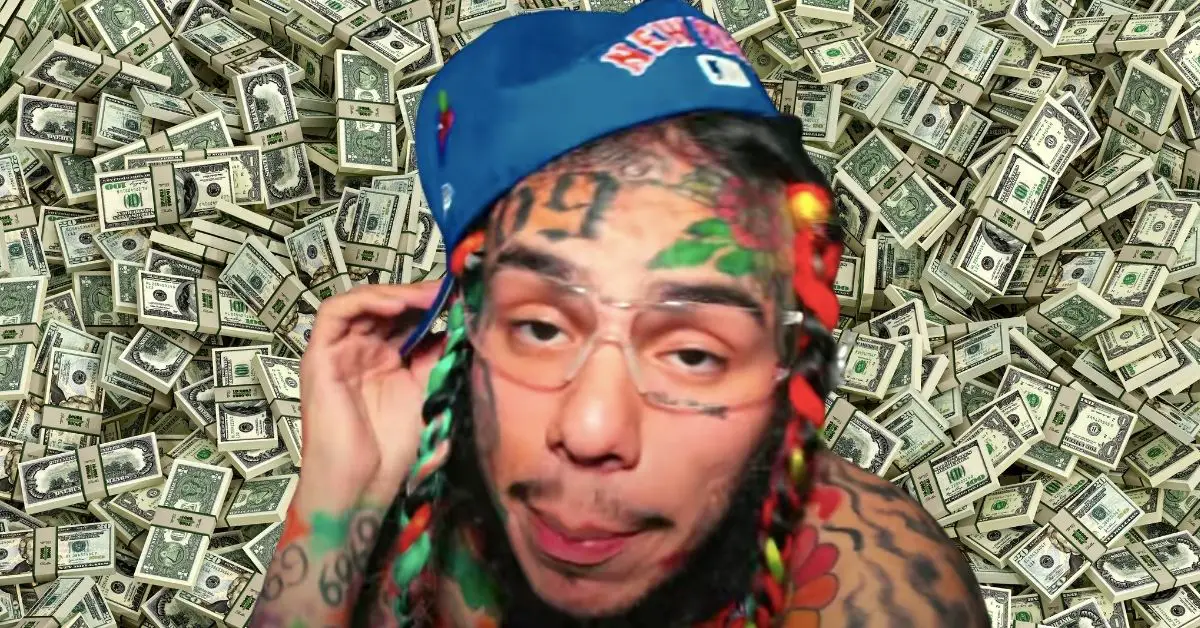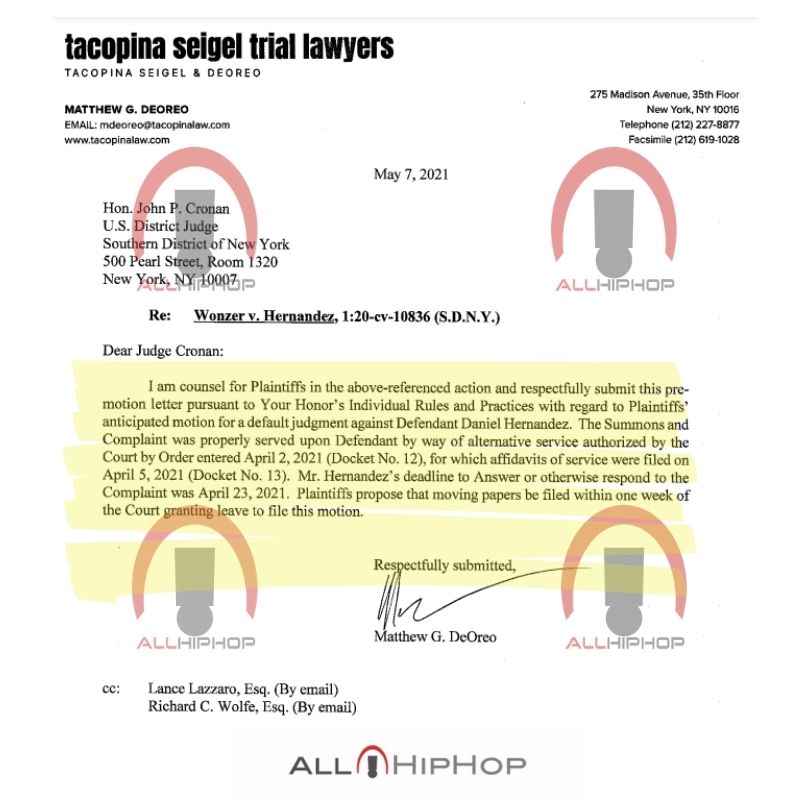Tekashi69 could end up shelling out millions to two people he victimized during a wave of violence he unleashed in New York City with the Nine Trey Gangsta Bloods.
The rapper and five of his former associates robbed Seketha “Skyy L. Daniels” Wonzer and Kevin Dozier on April 3rd, 2018 during an attack in midtown Manhattan.
The pair were accosted at gunpoint in a case of mistaken identity. Tekashi69 and his crew thought Wonzer and Dozier were affiliated with J. Prince’s Rap-A-Lot Records label.
Wonzer and Dozier were simply heading up to meet with DJ Thoro when they were caught up in Tekashi69’s growing feud with Rap-a-Lot Records.
Tekashi69 wasn’t involved in the robbery, but he gleefully filmed the attack from a nearby SUV parked out on the street as convicted gangster Denard “Drama” Butler committed the felonious assault.
The gang members took jewelry, cash, cameras, and a hard drive with 12 years worth of footage.
Tekashi69 admitted to the robbery when he gave testimony against his former gang buddies during a blockbuster trial in October of 2019, which sent 12 Nine Trey members to prison with sentences ranging from 2 to 24 years.
Tekashi 69 Heading Back To Court Over Botched Rap-A-Lot Robbery
Now, the rapper could be forced to pay out millions of dollars to Wonzer and Dozier, according to their lawyer Matthew G. DeOreo.
Matthew G. DeOreo says Tekashi69 and his legal counsel have blown off the lawsuit, even though they were formally served with the complaint on April 5th, 2021.
Tekashi69’s response was due on April 23rd, 2021, but he has not filed or served an answer or a response to the complaint.
The rapper and his team have gone radio silence regarding the legal action, and Wonzer, Dozier, and their lawyer believe they are entitled to a default judgment.
Matthew G. DeOreo wrote a pretrial letter to Judge John P. Cronan asking for permission to formally grant his clients a default judgment.

